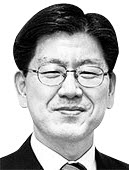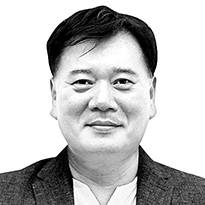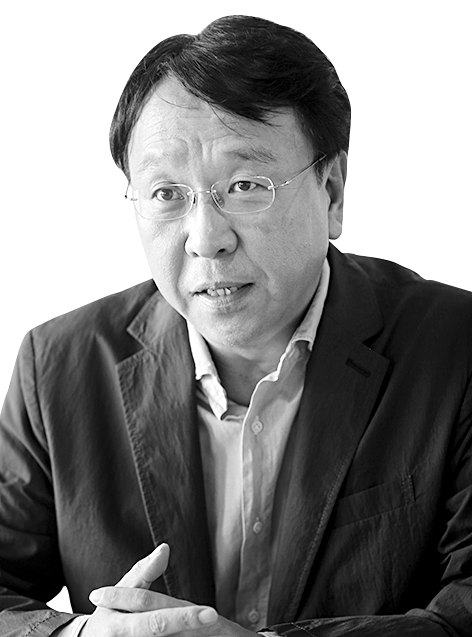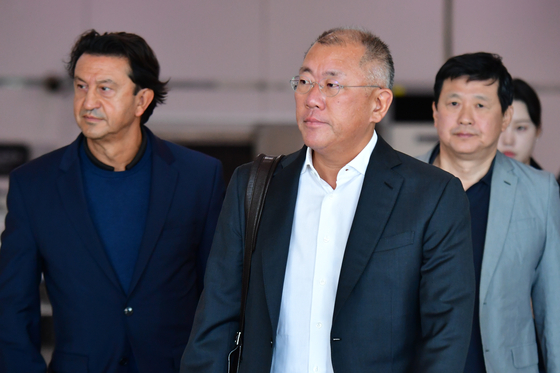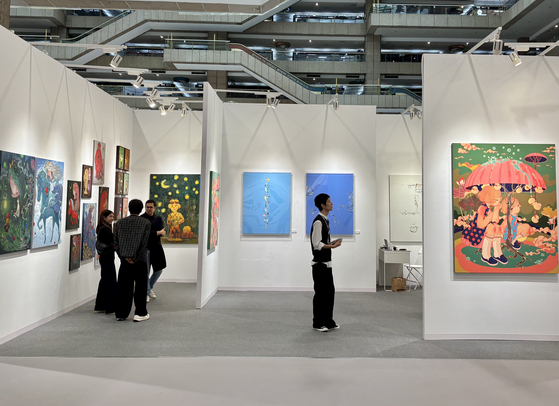Without shared ideals, we are left with a world in chaos
Update: 2025-10-30
Description
Park Myung-lim
The author is a political professor at Yonsei University.
The world is descending into disorder. Humanity's values of freedom, equality, democracy and peace are deteriorating. Most alarming of all, the shared standards and universal ideals that once guided humankind have vanished. It feels like only yesterday when the collapse of socialism, the end of the Cold War and the rise of globalization were hailed as the final victory of market economies and liberal democracy. Today however, people instead speak of the death of democracy and the demise of the liberal international order. This rapid decline of both democracy and liberalism at their supposed peak is a sobering paradox.
Two contrasting world trajectories have emerged simultaneously - perhaps the greatest historical irony since the modern age began. Our generation, which inherited the opportunities and hopes born from the collapse of socialism and the spread of democracy, may be remembered as the one that squandered them through complacency and confusion.
The internal realities of the two dominant powers, the United States and China, now mirror each other in unsettling ways. Both symbolize and drive global disorder. Upon closer comparison, they are strikingly alike: concentration of power in single leaders, creeping oligarchy, widening inequality and extreme nationalism cloaked in populism. Their metrics increasingly converge.
The erosion of universality is the most serious loss. The world no longer has a force capable of defending shared global goods or common purpose. "National interest" has replaced "global interest." There are no clearer examples than the slogans "Make America Great Again" and "The Great Rejuvenation of the Chinese Nation." The former reveals America's retreat into self-centered nationalism, abandoning its leadership role in upholding global values. The latter reflects China's backward march into Confucian hierarchy and Han-centric exceptionalism, making it a lopsided state with advanced material capacity but underdeveloped civic maturity. Europe, which once set the standards of modern civilization, has long since faded into passivity.
As discoveries in physics, biology and psychology suggest, when two dissimilar entities become excessively synchronized, they eventually reach a breaking point. The U.S. - China rivalry embodies this "critical desynchronization." Their close cooperation in the late 20th century - originally intended to isolate the Soviet Union - ironically became the root of today's conflict. China's rise was made possible by American access and privilege, just as U.S. prosperity drew heavily on Chinese labor and exports.
Now, the world is unified under capitalism, but it has lost its moral compass. What remains are competing national variants of capitalism - American, European and Chinese - each serving its own interests. China, despite its party name, functions more like a capitalist state than many Western economies. Private property, inequality, corporate concentration and weak labor organization define its economy. Communism survives only in the constitution and party charter, and as an ideological tool for state control.
The ancient warning that a world united under a single empire, religion or economic order will lose its shared future has proven true. Humanity has reached a stage where coexistence itself is under threat, and where competition for universality yields neither new pathways nor new hope.
Recent global indicators underscore this regression. According to major international institutions, the state of democracy today - measured by population, number of countries, and economic power - has fallen to levels last seen 30 to 40 years ago, and in some measures to 50-year lows. The worldwide march toward democracy that peaked in the early 21st century has clearly reversed into authoritarianism. Freedom of conscience, religion, expression, assembly and association, along with judicial integrity, anticorrupti...
Comments
In Channel

